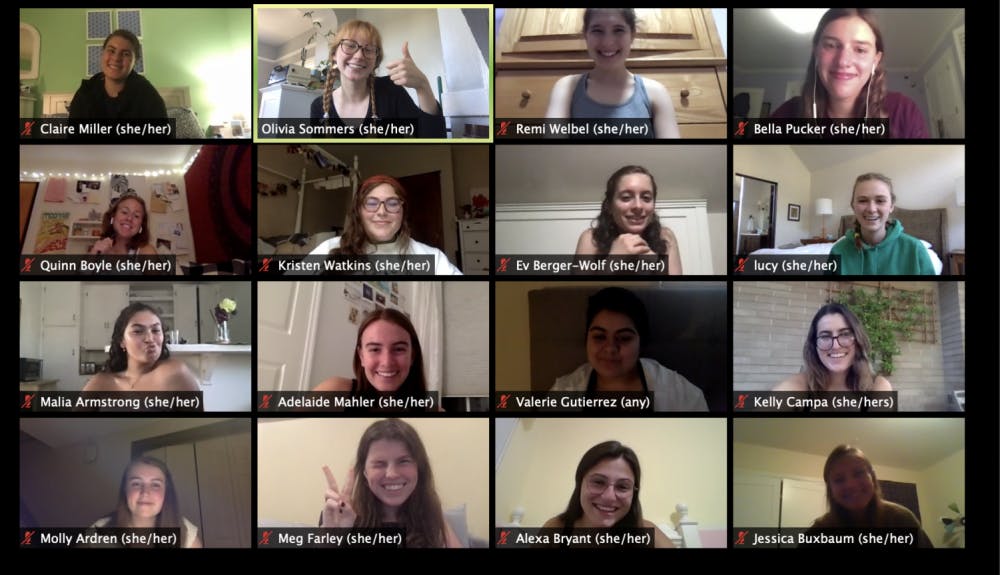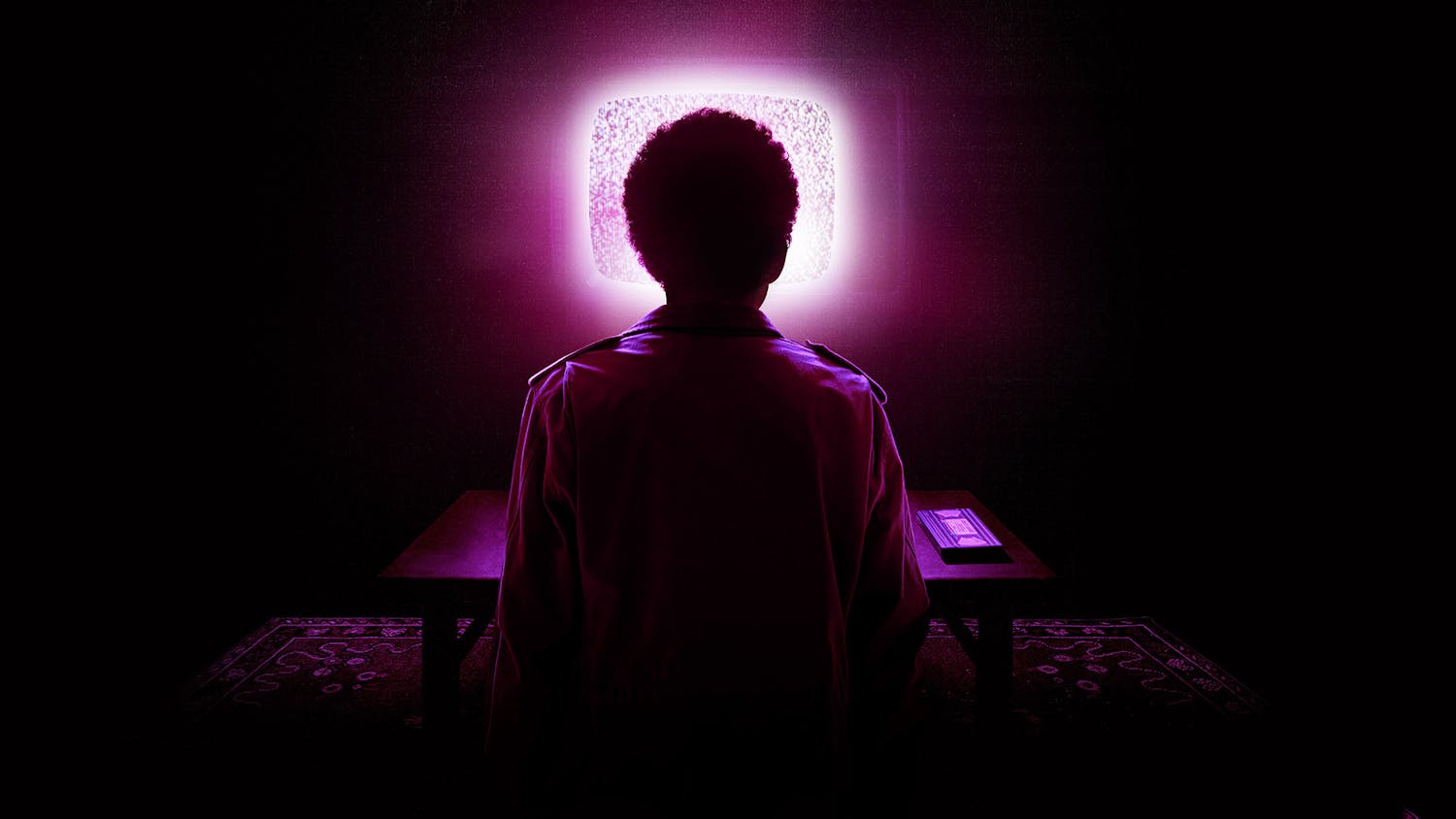When Middlebury College evacuated its students last spring, student organizations scrambled to organize in new ways. In an uncertain time, Sunrise Middlebury, the college’s branch of the national environmental group Sunrise Movement, managed to find a way to continue to energize and educate its members.
Olivia Sommers ’22, Adelaide Mahler ’23 and Molly Babbin ’22 worked to organize a group of Sunrise members for a weekly study group, “Sunrise Learning About Movements,” over the summer. This virtual program, known as SLAM, allowed its members to take advantage of readings and discussions to facilitate intentional learning within Sunrise Midd.
In each SLAM meeting, a different organizer was in charge of creating an agenda and leading discussion.
Sommers said she hoped SLAM could serve as both an “entrance point for new Sunrisers” and an additional resource for experienced organizers to deepen their understanding. “These meetings created a community of curious people in a time where many of us were really craving connection,” Sommers said. “[They] provided structure and meaning to an often strange and lonely summer.”
Similarly, Mahler thought it was important to create a space where people interested in the environmental movement could come together to debate, learn and read even as the group members found themselves physically away from campus and one another.
The group created a syllabus with required readings and meeting times in the late spring, but the organizers decided to rework their priorities. “Whatever SLAM’s original intent was, the purpose of this study group should be to decolonize the environmental movement,” Babbin said.
With that in mind, the syllabus was reworked to emphasize how racism and the environmental movement intersect, taking a hard look at how people of color have been historically excluded and are now more disproportionately threatened by environmental injustices.
The SLAM syllabus had themed modules such as “Environmental Racism and Sunrise History” and “How to Organize + Protest Tactics,” accompanied by reading materials and activities.
Readings included pieces like “Love as Political Resistance” by Audre Lorde and Octavia Butler, “Between the Devil and the Green New Deal” by Jasper Bernes and a response to that piece, “Plan, Mood, Battlefield — Reflections on the Green New Deal,” by Thea Riofrancos.
According to Babbin, SLAM members also explored lessons from other movements that can be applied to the environmental movement, including anti-neoliberalism, LGBTQ+ movements, the Black Power Movement, labor movements and more.
The organizers are happy with the outcome of the program.
“SLAM has readied its members to be an effective group in the fall to take action and do more doing,” said Babbin.
The group received a lot of positive feedback from its members about continuing in some form in the fall semester, and Mahler told The Campus that it may take the form of weekly debates where the group could discuss bigger, more nebulous topics.
The sun doesn’t set on climate justice: Sunrise Middlebury hosts summer study sess

Comments



